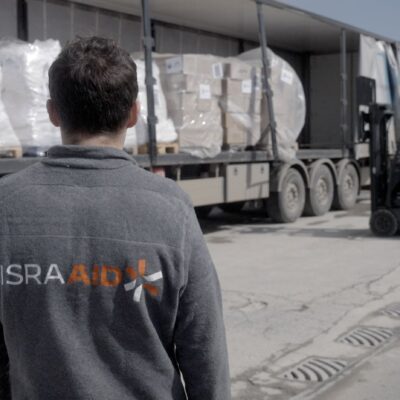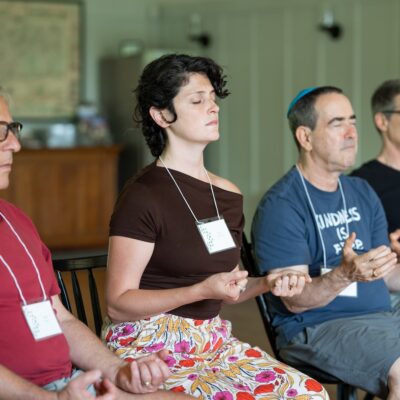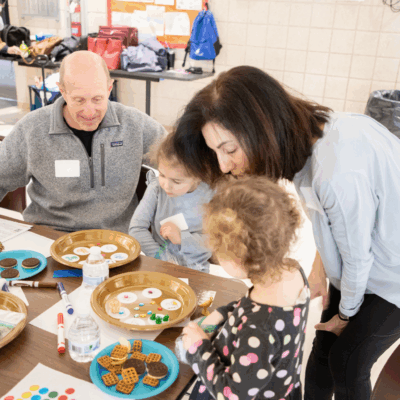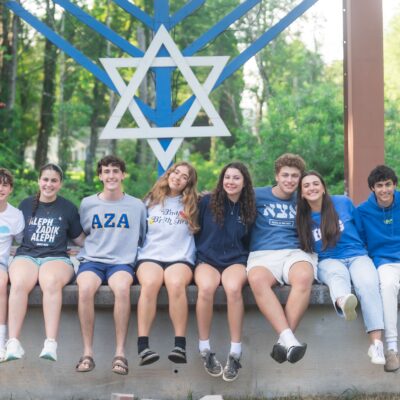Opinion
The Importance of ‘Noticing’
[in response to Qualitative Metrics for the Jewish Community?]
by Anna Marx
Yes! The qualitative data matter. What our participants think and feel matter. And its high time we started figuring out how to learn what they think and feel; what the qualitative results are of our programs.
For the past three years, I’ve been working with New York congregations in the Coalition of Innovating Congregations. As part of this work, teachers in part-time Jewish learning programs have been experimenting with ways to assess learning. Don’t think assessment like in public schools – no fill-in-the-bubble-tests here. This assessment is about setting goals for learners that speak to their whole selves, not just the brain. We call it “Noticing” because it’s about observing, witnessing growth in our learners as they travel their own journeys.
And the more I am a part of this work, the more I see the possibilities for this whole-person assessment to translate to so many other kinds of programs in the Jewish community.
Here’s what it looks like. Say you wanted to teach some teenagers about Shabbat. First, set your outcomes in each of the four domains:
- What do you want the learner to KNOW? Learners will know the symbols and prayers associated with a Shabbat dinner.
- What do you want the learner to DO? Learners will gather in each others’ homes for Shabbat dinners, using the rituals and prayers they find meaningful.
- What do you want the learner to BELIEVE or VALUE? Learners will be able to articulate the ways in which they value (or not) Shabbat experiences in their own lives.
- How will this foster a sense of BELONGING for your learner? Learners will make connections to each other by sharing in and reflecting on their Shabbat experiences.
Next, figure out how you will know if reached these outcomes. How will you notice?
Well, you can always ask. Give each kid a survey and ask about what they KNOW, DID and VALUED, and what whether they felt they BELONGED.
But, we can get more creative than that. Have a set of questions ready for a discussion and let the kids reflect on their own experiences with each other. Listen to what they say and notice whether the outcomes were reached.
Or, the learners can create a short YouTube video about their journeys, what they learned, what they enjoyed, what they’ll do next.
Or, the learners can contribute to an ongoing blog or twitter feed to tell each other about their experiences.
Or… (are you thinking of other ways? Good!)
We’re still in the very experimental stages of this work. We’re testing and trying it and seeing how to improve it. But one thing is clear, if we take the time to notice our participants and their individual journeys we can continue to improve our programs to better reach our goals. AND we can have the data we need to tell other whether or not we are meeting our goals.
The qualitative data are out there and capture-able. When evaluators and educators/program-deliverers work together, we can tell a more complete story about the whole-persons in our programs, about who they are, the journeys their on, and the growth their experiencing.
Go check it out: innovatingcongregations.org.
Anna Marx is a Jewish organizational consultant that has been working with with The Jewish Education Project and the Experiment in Congregational Education for the past three years to support New York congregations in creating innovative models of Jewish education.

 Add EJP on Google
Add EJP on Google









